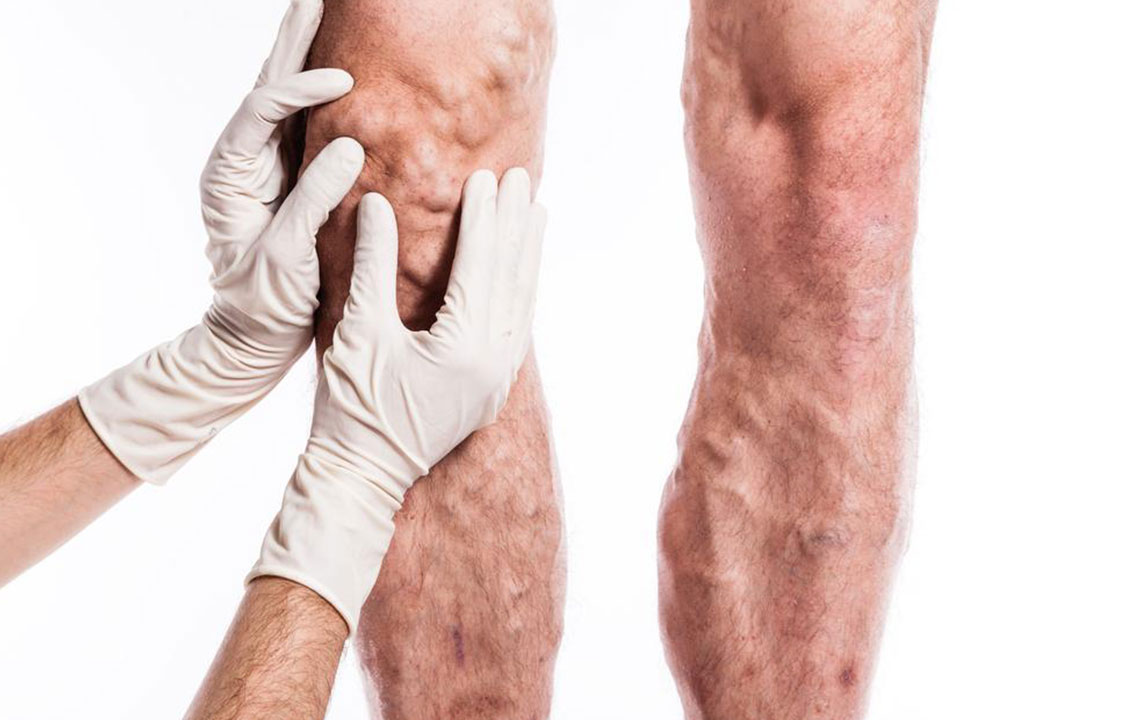How to identify deep vein thrombosis at an early stage
It is said that the early identification of a disease can help in eradicating it at the first stage itself. This way, the body will be less exposed to possible threats that might have occurred at a later stage. Deep vein thrombosis is a serious condition where blood starts to clot in a vein deep inside your body.
Many people often tend to overlook the symptoms of deep vein thrombosis and dismiss the symptoms of pain or skin turning to red or blue as a cause of insect bite.

- Swelling on one side of your foot area, ankle or leg, resulting in pain and redness of the swollen area.
- Sudden warmth in one leg without any reason.
- You may experience not-so-persistent pain in your leg, with the pain centered around the calf muscles. In some cases, severe pain is experienced, as a result of which the affected individual is not even able to walk properly. Even standing for prolonged period is followed by severe pain in such cases.
- The skin over the affected area will change turn blue or red giving a clear indication of deep vein thrombosis.
- In some cases, there are no visual deep vein thrombosis symptoms; however, it is characterized by unexplained pain that starts occurring frequently.
What to do next?
Once the symptoms are noticed, it is advised that you visit a doctor immediately and start proper medication to reduce the symptoms of this disease. Deep vein thrombosis symptoms are common in all cases and are a clear indication that you should visit your doctor for timely treatment.
But there have been cases where there were no noticeable deep vein thrombosis symptoms and the disease was diagnosed at a very later stage when it reached an extreme level. If you don’t want to be a target of such a disease, then precautionary measures and regular health check-ups are highly recommended.